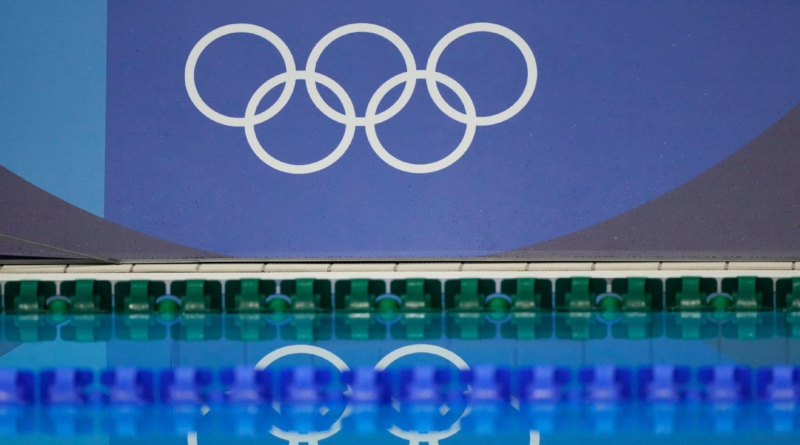23 Chinese swimmers tested positive pre-Tokyo
The World Anti-Doping Agency on Saturday confirmed reports that 23 Chinese swimmers had tested positive for a banned drug before the Tokyo Olympics but that it accepted the country’s findings it was due to substance contamination.
Multiple reports said the swimmers tested positive for trimetazidine (TMZ), which is found in heart medication, months before the COVID-delayed Games began in the Japanese capital in July 2021.
CHINADA, China’s anti-doping agency, and the Chinese Swimming Association did not immediately respond to Reuters’ requests for comment.
WADA said it was notified in June 2021 of CHINADA’s decision to accept that the swimmers returned adverse analytical findings (AAFs) after inadvertently being exposed to the drug through contamination.
The global anti-doping body, which has the authority to appeal the rulings of national doping agencies, said it reviewed the decision and consulted scientific experts and external legal counsel to test the contamination theory presented by CHINADA.
“WADA ultimately concluded that it was not in a position to disprove the possibility that contamination was the source of TMZ and it was compatible with the analytical data in the file,” WADA said in a statement. “WADA also concluded that … the athletes would be held to have no fault or negligence. As such, and based on the advice of external counsel, WADA considered an appeal was not warranted.”
China’s 30-member swimming team won six medals at the Tokyo Games, including three golds.
U.S. Anti-Doping Agency CEO Travis Tygart told The New York Times in a statement that WADA had failed in its mission.
“This appears to be a devastating stab in the back of clean athletes and a deep betrayal of all the athletes who compete fairly and follow the rules,” Tygart said, noting he had provided WADA with doping allegations against Chinese swimming multiple times since 2020. “All of those with dirty hands in burying these positives and suppressing the voices of courageous whistle-blowers must be held accountable to the fullest extent of the rules and law.”
Without mitigating circumstances, athletes who fail doping tests are usually subject to bans of two to four years for a first offense and life for a second.
World Aquatics, the sport’s global body, formerly known as FINA, said it was confident the positive tests were handled “diligently and professionally.”
“With regard to the AAFs … they were carefully considered by the FINA Doping Control Review Board,” World Aquatics said. “Materials relating to the source of the AAFs were subject to independent expert scrutiny retained by FINA.
“World Aquatics is confident that these AAFs were handled diligently and professionally, and in accordance with applicable anti-doping regulations, including the WADA Code.”
Reuters contributed to this report.




